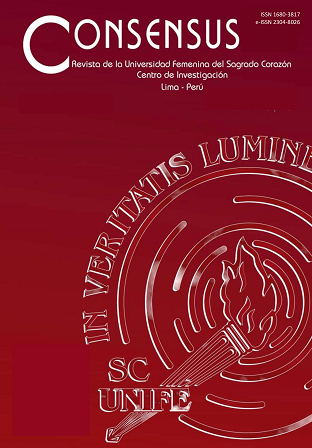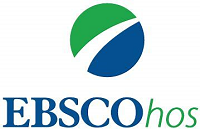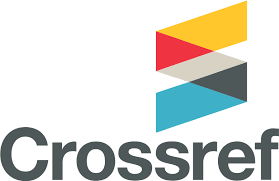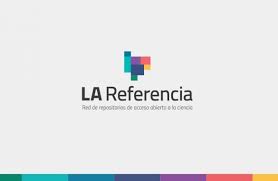Teachers’ emerging strategies to prevent plagiarism in academic undergraduate students: a phenomenographic study with senior teachers
DOI:
https://doi.org/10.33539/consensus.2015.v20n2.406Keywords:
Teaching strategies, non-ethical behavior, undergraduate students, InternetAbstract
In this paper we report the results of a qualitative research study about the emerging teaching strategies derived from the growing problem of academic plagiarism due to large amounts of information available on the internet. The participants were 17 experimented (seniority of 10 years or more) teachers engaged in undergraduate teaching at the second largest public university in Mexico. The main goal of the study was to account for the classic or traditional teaching strategies that teachers resort to in order to fight plagiarism, a practice that is rife because of the easy access to internet and related technologies. The results made possible to establish two main categories, the first one related with the strategies to prevent academic plagiarism, and the second one related with the strategies of detection and sanction of it. The analysis explores some of the reasons why the comeback to traditional practices is observed, considering teacher’s previous first and second hand experiences, and some problems to identify more options in the use of technologies in class.








